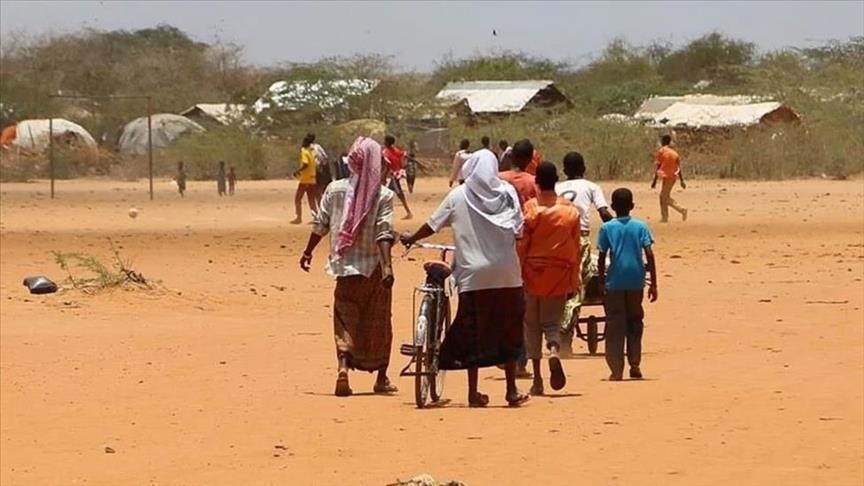Date: Friday, 04 October 2024

ADDIS ABABA, Ethiopia: The post-war economic situation and severe drought have forced 60% of students in Ethiopia's Tigray region to drop out of school, an official told Anadolu.
Regional Education Bureau head Ismail Abdurahman said the region is struggling to recover from the aftermath of the conflict which began in November 2020 and has killed hundreds of thousands and displaced millions.
Hostilities subsided following peace agreements signed in South Africa and Kenya in November 2022 but the region is still grappling with the long-term effects of the war.
They have worsened economic and social challenges, ultimately preventing students from returning to school.
“We had planned to enroll 2.5 million students across the region, but so far, we’ve only managed to register nearly a million,” said Abdurahman.
He indicated that many are opting out of education because of economic hardship, with some working to support their families, particularly in areas affected by drought.
Abdurahman noted that further compounding the issue is the fact that 106 schools are currently being used as camps for internally displaced persons (IDPs), leaving educational facilities unable to accommodate students.
Authorities continue to face difficulties in restoring the education system as Tigray, the fifth largest region with a population of nearly 6 million, recovers from the devastating two-year conflict between the Tigray People's Liberation Front (TPLF) and the federal government.
Moujib, a high school teacher, highlighted growing frustration among students, who feel disillusioned by an education system they believe cannot address their long-term economic struggles.
“I am devastated that even brilliant students are considering fleeing to other countries in search of better economic opportunities, rather than continuing their education,” said Moujib.
He told Anadolu that economic pressures are not only affecting students but also teachers, who have gone months without pay.
“Fourteen months of unpaid salaries have left us unable to properly teach the students who do show up, let alone encourage more students to enroll,” Moujib said, emphasizing that some students briefly returned but left to take up labor jobs to support their families.